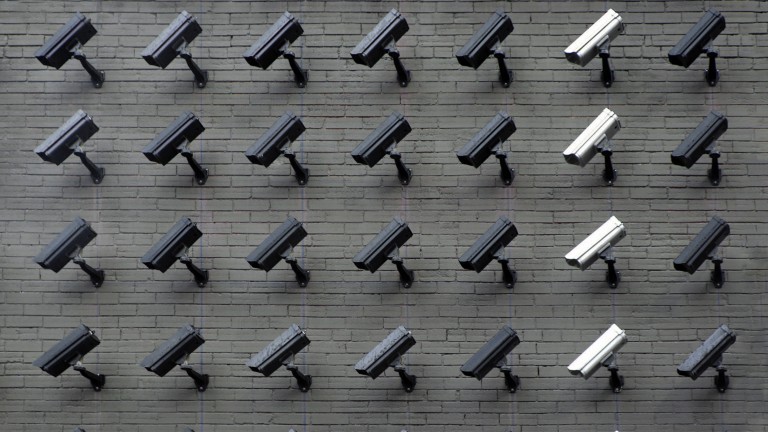The news: The European Commission is considering a ban of facial recognition in public places for up to five years, with exceptions for research and security projects, according to a white paper draft obtained by Politico. (The paper does not specify what these projects might be.) The idea is that the temporary ban would give researchers and policymakers time to study the technology and figure out how best to regulate it.
The background: Activists on both sides of the Atlantic have been concerned about facial recognition, saying that the technology isn’t accurate for women and people of color and can be used to spy on people without their consent. The European data protection supervisor has written that turning a human face into an object for powerful companies and governments to measure may infringe on human dignity. A UK survey found that 46% of the public thought they should be able to opt out of facial recognition.
In the US, cities such as San Francisco and Somerville, Massachusetts, have banned government use of facial recognition. Activists are working to ban private use of the technology as well though, interestingly, a Pew Research poll found that most Americans are more okay with police using the technology than companies.
Is a temporary ban a good idea? Yes, especially given the breakneck pace at which the technology is being deployed in Europe, by everyone from police forces to supermarkets. Recently, both France and Sweden stopped schools from installing facial recognition on their grounds. And taking the time to assess the impacts of the technology is safer than undoing what has already been done. The European Commission suggestion (which might change when the final paper is released in February) is also stronger than the positions of many candidates in the 2020 US presidential election, most of whom have called for task forces to evaluate facial recognition in policing instead of advocating an outright moratorium in public spaces.

